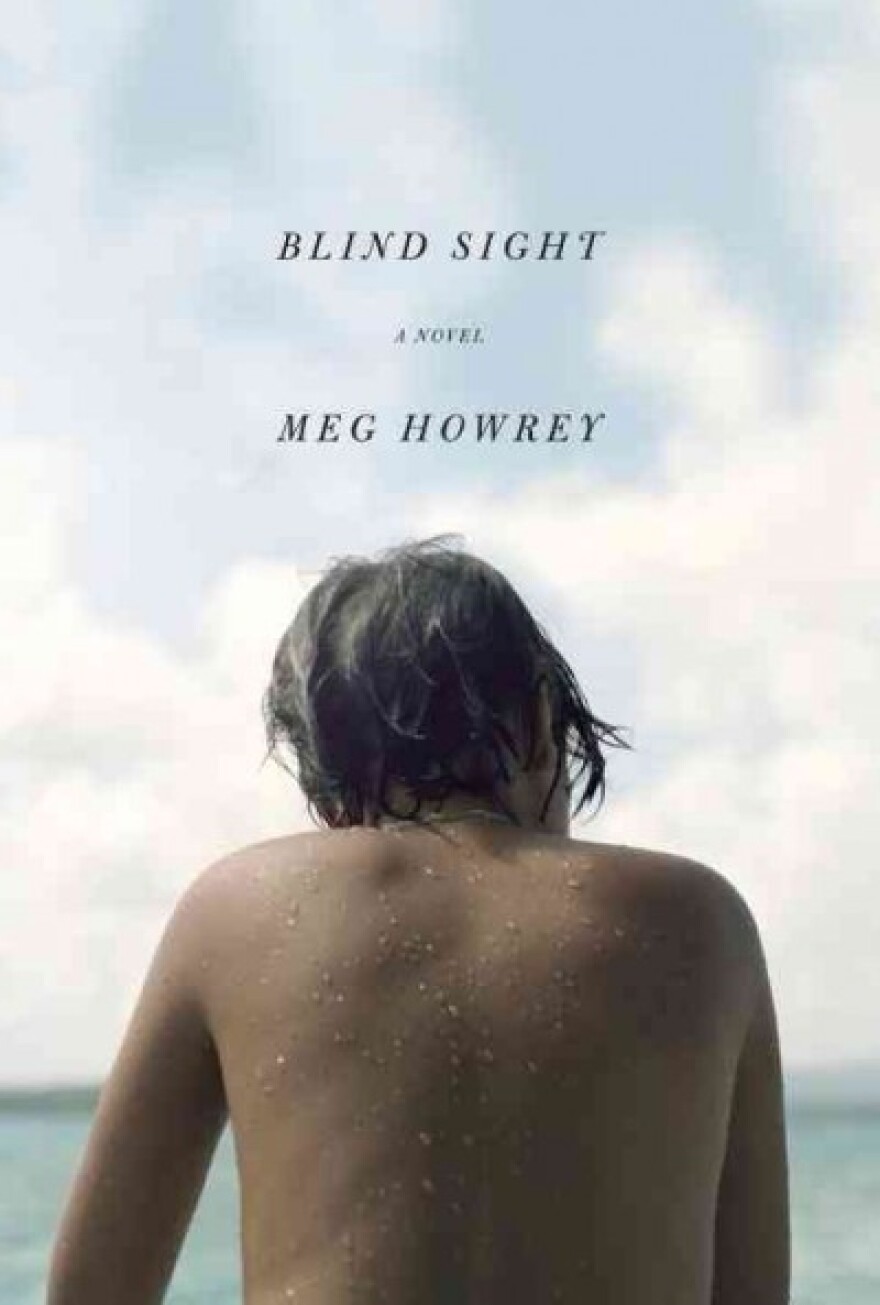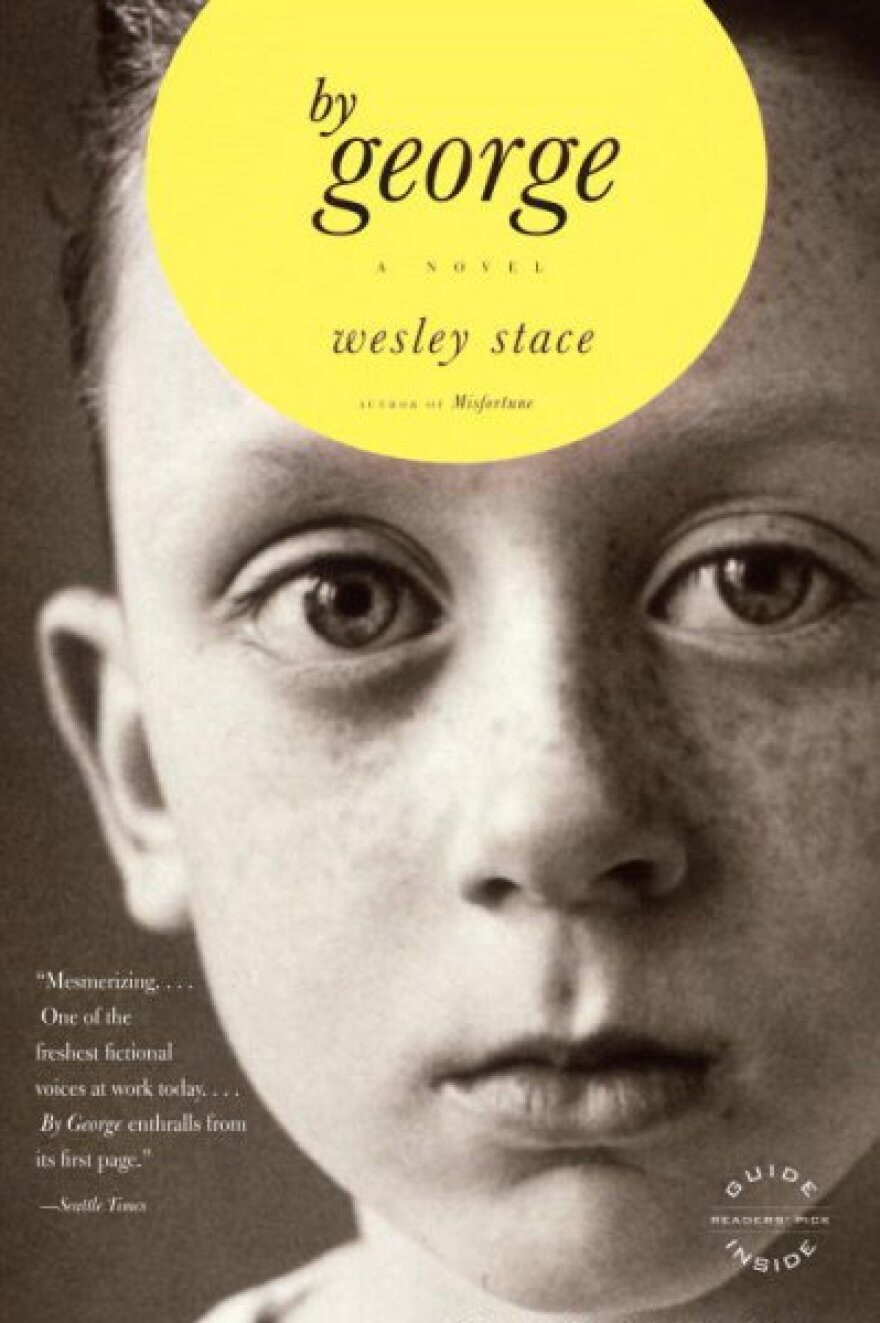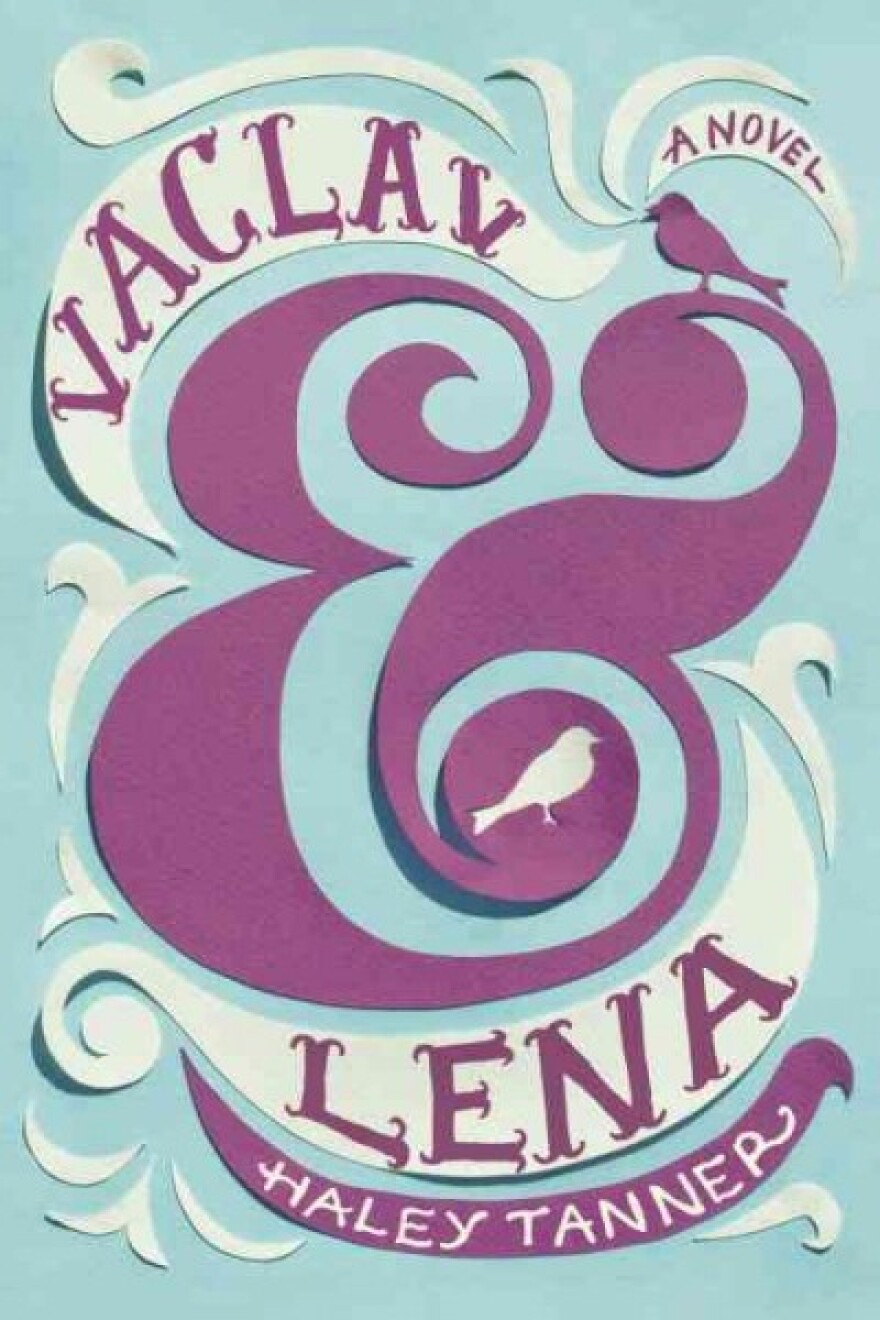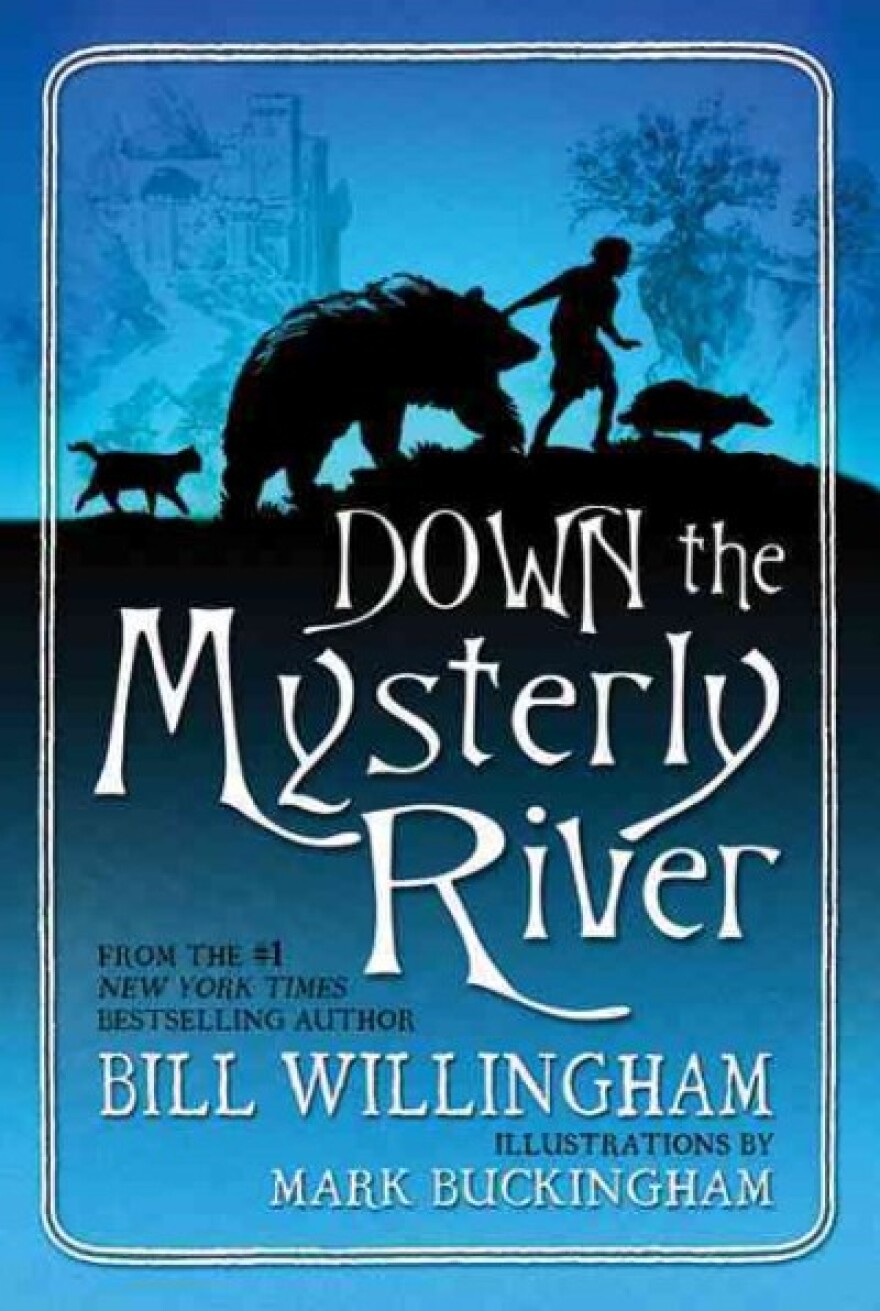Although all works of fiction and narrative nonfiction have characters — be they animals, hobbits, dragons, humans, werewolves or whatever — I've found that there are some books in which these characters are three-dimensional and awfully interesting. (Whether or not they're likable is another question.) These characters become, as the story progresses, more and more real to me. It's as though they've become good friends.
I'm always on the lookout for this kind of book, but they're not always easy to find. Oh, I've read plenty of novels in which the characters are pleasant enough, but they're not particularly memorable. The sort of book I'm talking about here leaves you with a longing to find out what happened to the characters after the book ended. Here are some books — six novels and a work of history — that have marvelously evoked characters.
Copyright 2024 NPR. To see more, visit https://www.npr.org.
Nancy Pearl's People You Ought to Meet
In Zanesville

by Jo Ann Beard
I don't think I'll ever forget the unnamed, perfectly realized 14-year-old narrator of In Zanesville. It's a marvelous reading experience. Jo Ann Beard, whose first book was The Boys of My Youth, a dozen autobiographical essays, has captured the terror, joy, uncertainties and angst of growing up in small-town 1970s America. Best friends, big sisters, boys, baby-sitting, band uniforms, clothes-buying expeditions — Beard has captured what being 14 is like. And the writing is simply radiant. In one chapter, the narrator describes her childhood reading experiences, all of which took place sitting behind a "green velvet chair in the corner of the living room." Here's what she says:
This is where the pivotal events of my childhood unfolded, while I ate banana and root beer Popsicles, two by two, tucking the sticks neatly under the skirt of the chair. It's where Sunnybank Lad met Lady, Ken met his friend Flicka, Atlanta burned, Manderley burned, Lassie came home, Jim ran away, Alice got small, Wilbur got big, David Copperfield was born, Beth died, and, on an endless gloomy winter afternoon, Jody shot his yearling.
(And here I thought that I was the only person alive in this world who still remembered reading Albert Payson Terhune's books about Lad of Sunnybank Farm.)
In the spirit of full disclosure, I do have to say that I gave this book to both of my grown daughters and, independently, they each told me they found it too depressing.
A World on Fire

by Amanda Foreman
Amanda Foreman's A World on Fire: Britain's Crucial Role in the American Civil War offers both the Civil War scholar and devoted history buff an eye-opening tale of the relationship between Britain and the United States in the mid-19th century. The story is told through the dozens of characters Foreman introduces, from spies to newspapermen to diplomats, plenty of politicians, the rich and the poor, Northerners and Southerners, old and young, male and female. Although the book is prodigiously researched, it wears its scholarship lightly. It's not a quick read (first of all, it's over 900 pages long), but I never felt bogged down in the detail, and I ended up with a long list of people I wanted to learn more about (such as Rose Greenhow, a spy for the Confederacy). The battles are vividly described, and the political maneuvering on all sides is recounted in every bit of its troubling detail. Besides President Lincoln, who of course plays a major role in the book, we meet British liberal politician William Gladstone; William Henry Seward, Lincoln's secretary of state; Charles Francis Adams, the U.S. ambassador to Britain; and too many others to list here. This is a book to put on the shelf with other essential Civil War histories.
Blind Sight

by Meg Howrey
Imagine if you were 17 years old, the only male in a house full of women: your religiously inclined grandmother, Nana; your hippie-dippy mother Sara, who is frequently given to Buddhist statements such as "I'd like to hear more mindful statements from you," while admonishing one of her children for saying something snarky to a sibling; and Pearl and Aurora, your two brilliant older sisters who tease you mercilessly while loving you dearly. That's the situation Luke Prescott is in when we first meet him in Meg Howrey's splendid character-driven first novel, Blind Sight.
Luke has always known that his sisters' father is their mother's ex-husband (who went off to find himself in India years before). But his mother has never told him anything about his own father, refusing to answer any questions about who he was. Then, Luke gets a call from his father, who turns out to be a famous television star, inviting Luke to spend the summer in Los Angeles with him. It's only after that summer spent away from the women in his life, with a man he grows to love, that Luke can begin to understand whether or not belief can really equal truth; and, most important, what being a family means.
The Summer of the Bear

by Bella Pollen
I picked up Bella Pollen's The Summer of the Bear without any expectations. Although this is Pollen's fifth novel, I had never read anything by her before. In the time it took me to finish the first two or three sentences, I was already hooked: the characters, their feelings and their behavior seemed entirely real and true to me. When their diplomat father dies under mysterious circumstances at the British Embassy in Bonn, his three children and their mother each respond to the death differently. It's the Cold War; it's Germany. Was Nicky Fleming a Russian agent, as his British employers believe? Was he murdered? Did he kill himself?
Letty, Nicky's widow, is emotionally vaporized by grief. After she moves the family back to where she grew up on an island in the Outer Hebrides, she is so absorbed in her own sadness that she can't even acknowledge (or try to ease) the pain her children are all feeling. Teenage Georgie — who has her own secrets involving a mysterious trip to Berlin that she took with her father — tries to mother her younger sister and brother; Alba lashes out at everyone in her family with anger, but she's especially awful to her younger, learning disabled brother, Jamie. And Jamie believes that his father will return. The unexpected appearance of a grizzly bear, loose on the island, acts as a catalyst to force the family to regroup. And the Outer Hebrides are so vividly described that I am obsessed with going there for a visit.
By George

by Wesley Stace
In By George, author Wesley Stace weaves together the life stories of two different Georges — one human and the other a wooden ventriloquist's dummy. In 1973, 11-year-old George Fisher is sent off to boarding school because his actress mother is going on an extended tour. George is heartsick at being separated from his much-loved mother, but he can't bear the thought of leaving his beloved 93-year-old great-grandmother, Evangeline, who once performed as a successful ventriloquist and bequeathed that talent to her son, George's grandfather, Joe. School is just as bad as George fears, until he's befriended by the school's groundskeeper, who presents him with a how-to book on ventriloquism, a gift that will change George's life. Meanwhile, the wooden George relates his own experiences of working with George's grandfather, especially those years during World War II when Joe and George were sent overseas to entertain the British troops. Neither of the two Georges is aware of the existence of the other, until a series of events brings them together and forces long buried family secrets to come to light. This inventive novel rewards the reader with its intelligence, its wit, its poignancy and its splendid writing. By George, I loved it!
Vaclav & Lena

by Haley Tanner
The long-lasting bonds of a childhood friendship are sensitively explored in Haley Tanner's debut novel, Vaclav & Lena. They meet for the first time when they're 5, in an English as a Second Language class in their elementary school in Brighton Beach, a Brooklyn neighborhood filled with Russian emigres. The outgoing Vaclav's great desire is to be a famous magician, and Lena, shy and reserved, soon becomes his trusted assistant and best friend, who's welcomed wholeheartedly into his warm and loving family. Five years later, though, Lena stops coming to school, and all of Vaclav's well-practiced magic tricks fail to conjure her up again. Tanner does a lovely job describing the children's mutual dependence and strong affection for one another, as well as making it clear that in most ways, children's lives are decided by the whim of the adults in their lives. I don't think I'll ever forget Vaclav and Lena.
Down the Mysterly River

by Bill Willingham
From its captivating title to its evocative last sentence, Bill Willingham's Down the Mysterly River is the best fantasy novel for fifth- to eighth-graders that I've read in a couple of years. This is the first children's book that Willingham has written; he's best known for his very popular comics for adults. Mark Buckingham, Willingham's longtime collaborator on the best-selling Fables series, drew the book's pictures. Down the Mysterly River is scary in places (at least, I was scared; maybe a tween wouldn't be), funny in parts, and exciting every step of the way. Twelve-year-old Max, known to friends as "The Wolf," is a champion Boy Scout and author of popular books that detail his many previous adventures. But one day he finds himself in an entirely unknown place — a forest — with no memory of how he got there. He meets several talking animals, including Banderbrock, a badger, a black bear named Walden, and the cranky and cantankerous McTavish, who styles himself "the monster," but just might be a cat. Together, the quartet takes on the dastardly Blue Cutters, in order to save both themselves and those who live in this strange new place. This is like no other fantasy novel you've ever read.



